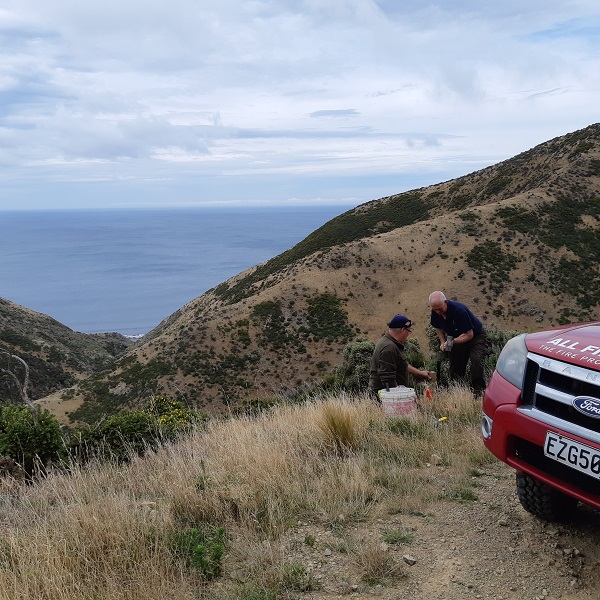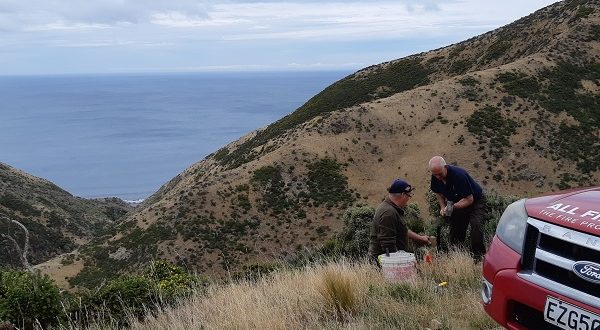Four Wheel Drive Club (FWDC) members sometimes get a bit of flak from a public, who don’t always know about what they really do in the big outdoors. Next time you encounter a convoy of off-road vehicles cruising past you, bear in mind that the people inside them may be doing far more to help their community than most.
What is a Four Wheel Drive Club?
A FWDC caters for those, with suitable vehicles, who want to drive in remote or challenging settings while enjoying the camaraderie of like-minded others in a safety-conscious environment. Some members are after the excitement of off-road driving competitions; others are looking for instruction in how to use a newly acquired off-road vehicle, while others simply want to go to places they could never otherwise reach. But the problem is, a handful of off-road drivers (the sort who churn up tracks and damage beach dunes) have given FWDC members a bad name – and it’s one that’s difficult to shake off.
A unique position
FWDC members are in a unique position. They own and drive vehicles which can access areas others can’t easily reach. They have a wealth of knowledge at their disposal, from health and safety in the outdoors to map reading, vehicle rescue, and off-road driving experience. This makes them the perfect candidates for putting up their hands for some rather tricky community projects – and they don’t shy away from doing just that.
Predator control
Some FWDCs , such as the Wellington Cross Country Vehicle Club (WCCVC) volunteer to transport predator traps to locations which would otherwise require an expensive helicopter drop to reach. WCCVC’s members also use their vehicles to set out and monitor predator traps on a regular basis. This is work which would take many days to complete if carried out by hikers. Where foot volunteers are the only ones who can reach some locations, club members can transport them to a remote starting point.

Funding for the environment
Some FWDCs contribute to predator control funding which takes place in the areas they like to visit with their vehicles.
Planting
FWDC members care about the environment, and can often be found engaged in community planting days. Their off-road vehicles are invaluable when it comes to transporting plants and labour to remote sites that benefit from re-vegetation projects.
Beach clean-ups
FWDC members enjoy accessing remote beaches in their vehicles, and regularly volunteer their services in cleaning up these areas. The same litter-free beach you find yourself hiking along may have been cleaned by a FWDC the weekend before you visit it!
Search and rescue
FWDC members are familiar with remote routes, and are able to transport searchers to the kinds of places where rescues take place. When a FWDC member signs up to a Search and Rescue group, they bring a wealth of knowledge and practical experience with them.
Sunset tours
Many FWDCs team up with local councils to offer ‘Sunset’ tours. These excursions allow those who are less able, or members of the public who simply would not be able to access magnificent and remote places, the opportunity to be a passenger in an off-road vehicle travelling through spectacular hard-to-reach scenery.
Safety training
FWDCs run courses for members of the public who have recently purchased off-road vehicles. This is an opportunity for drivers to experience off-road conditions in a safety-conscious environment while learning how to respect the land they are driving over.
So, next time you’re in the outdoors and encounter a FWDC, remember that its members have gained permission to be where they are. Give them credit for contributing to the very environment that you are also enjoying.









Join the Discussion
Type out your comment here:
You must be logged in to post a comment.